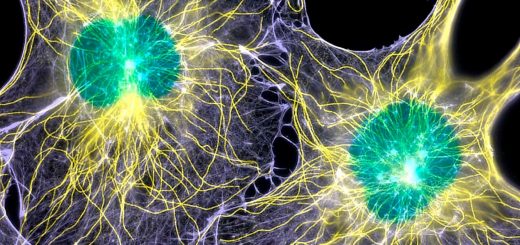One-time CRISPR treatment could permanently lower cholesterol
A small trial of a cholesterol-lowering treatment based on CRISPR gene editing has produced promising results, but there are questions over safety
By Michael Le Page
14 November 2023
Cholesterol crystals viewed with an electron microscope
CMEABG-UCBL-CHAPON/PHANIE/Alamy
A CRISPR gene-editing treatment has lowered cholesterol levels in a small, initial trial involving 10 people. The effect has lasted for six months since the first participant was treated, and the expectation is that it will be permanent – but a heart attack in one person has raised safety concerns.
The trial, carried out in New Zealand, involved people with an inherited disease that results in very high cholesterol levels and so a very high risk of heart disease. However, the company developing the treatment, Verve Therapeutics in Boston, hopes its one-off treatment could eventually replace cholesterol-lowering drugs like statins.
“It’s early but could open the way for an entire new way to treat heart disease,” CEO Sek Kathiresan said on X.
Advertisement
In the three people given the highest doses, levels of LDL cholesterol (LDL-C), which is linked to heart disease risk, fell between 39 and 55 per cent.
For now, though, questions remain about safety. One of the three people who received a high dose had a heart attack a day after being treated that might have been related to the treatment, but could also have been due to their underlying disease, Verve said in a press release announcing the results.
The company is planning further small trials of the higher dose levels in the UK and New Zealand, and aims to do a larger, randomised controlled trial if those go well. This will provide more definitive evidence on the safety issue.


